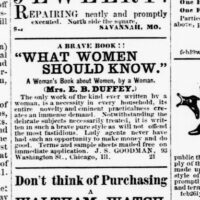Partially supported by a NULab Seedling Grant.
The Renewable Messaging of Fossil Fuel Companies Project aims to examine how fossil fuel companies have been communicating about renewable energy technologies in an authoritarian regime using China as an example. Specifically, this project aims to explore how China’s major national oil companies (NOCs) – here represented by China National Petroleum Corporation (CNPC) and Sinopec – are communicating about renewables on social media platforms like X (formerly called Twitter). These two companies were selected because of their large market capitalization, their size of direct and indirect historical greenhouse gas emissions, and their presence on X.
Burning of fossil fuels for energy is the largest contributor to greenhouse gas emissions, driving the dangerous social and environmental impacts of global climate change. Increasing political and public pressure to accelerate the global renewable energy transition and a global movement calling for a fossil fuel non-proliferation treaty are forcing corporations, including large energy companies, to reduce emissions and expand renewables.
Current research shows that fossil fuel companies have recently made a strategic shift away from outright climate denial to more nuanced discourses of climate delay. However, most research has been focusing on western countries such as America or Australia. This proposed research aims to fill the research gap and examine corporate communication in an authoritarian regime. Examining corporate communication in the context of China, which is one of the largest emitters in the world, can provide insights on how China is currently positioning itself in energy transitions and how the government’s policies and international commitments are shaping corporate strategies in the energy sector.
Principal Investigator
Yutong Si, Graduate Student, School of Public Policy and Urban Affairs



